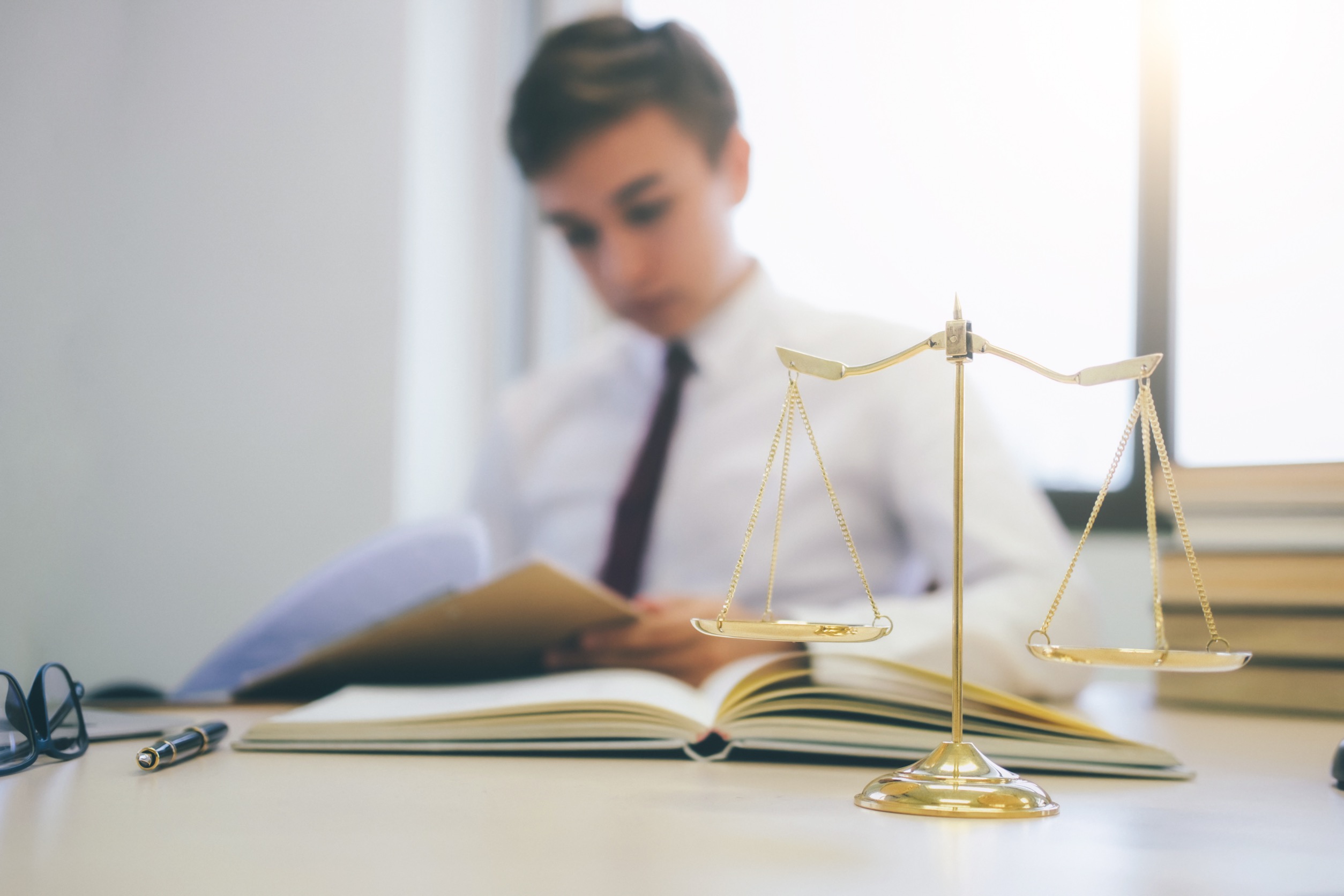The unauthorized practice of law occurs when an individual who is not admitted to practice in a jurisdiction engages in legal practice in the area or holds out to the public that they are able to practice within the jurisdiction. The unauthorized practice of law applies to a non-lawyer who pretends or holds out to the public that they are authorized to practice law. This also applies to individuals who may be licensed to practice law in another country, but are not authorized to practice within any jurisdiction within the United States. The unauthorized practice of law even applies to attorneys who may be licensed to practice in one U.S. jurisdiction, but are not licensed in another.
What constitutes the practice of law?
The practice of law is defined by a notable Supreme Court of Florida case, The Florida Bar v. Sperry. This case established a standard for assessing whether an individual has engaged in the practice of law. This case established the following rule: “if the giving of such advice and performance of such services affect important rights of a person under the law, and if the reasonable protection of the rights and property of those advised and served requires that the persons giving such advice possess legal skill and a knowledge of the law greater than that possessed by the average citizen, then the giving of such advice and the performance of such services by one for another as a course of conduct constitute the practice of law.” State ex rel. Fla. Bar v. Sperry, 140 So. 2d 587, 591 (Fla. 1962).
What regulations are there surrounding the unauthorized practice of law?
The American Bar Association (ABA) prohibits the unauthorized practice of law. Rule 5.5 of the ABA’s Model Rules of Professional Conduct states that a “lawyer shall not practice law in a jurisdiction in violation of the regulation of the legal profession in that jurisdiction, or assist another in doing so.” Florida expressly bans the unauthorized practice of law. Florida Statute 454.23 makes the unauthorized practice of law a felony of the third degree. Fla Stat. 454.23 specifically states “any person not licensed or otherwise authorized to practice law in this state who practices law in this state or holds himself or herself out to the public as qualified to practice law in this state, or who willfully pretends to be, or willfully takes or uses any name, title, addition, or description implying that he or she is qualified, or recognized by law as qualified, to practice law in this state commits a felony of the third degree”.
What type of professionals are authorized to practice law in Florida?
Generally, the only professionals that are expressly authorized to practice law in Florida are individuals who have been admitted to the Florida Bar after successfully acquiring their Juris Doctorate degree from an ABA accredited law school and have passed the General Bar Examination and the Multistate Professional Responsibility Examination.
Are there any exceptions to this?
There are few exceptions to this rule. In certain circumstances the courts within a specific jurisdiction may allow an individual to practice law even if they are not barred in that particular jurisdiction. An example of this is pro hac vice admission. An attorney barred in another state may receive temporary admission to practice in a jurisdiction they are not barred in via pro-hac vice admission. Pro hac vice admission requires the filing of a motion requesting authorization to practice and the court’s granting of said motion.


